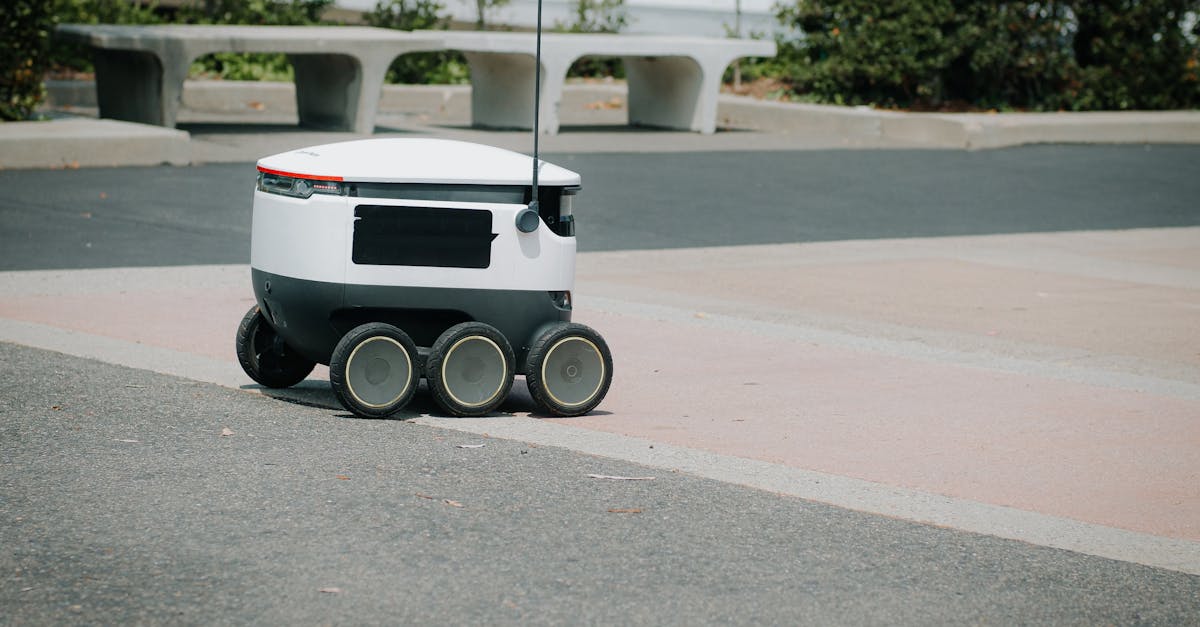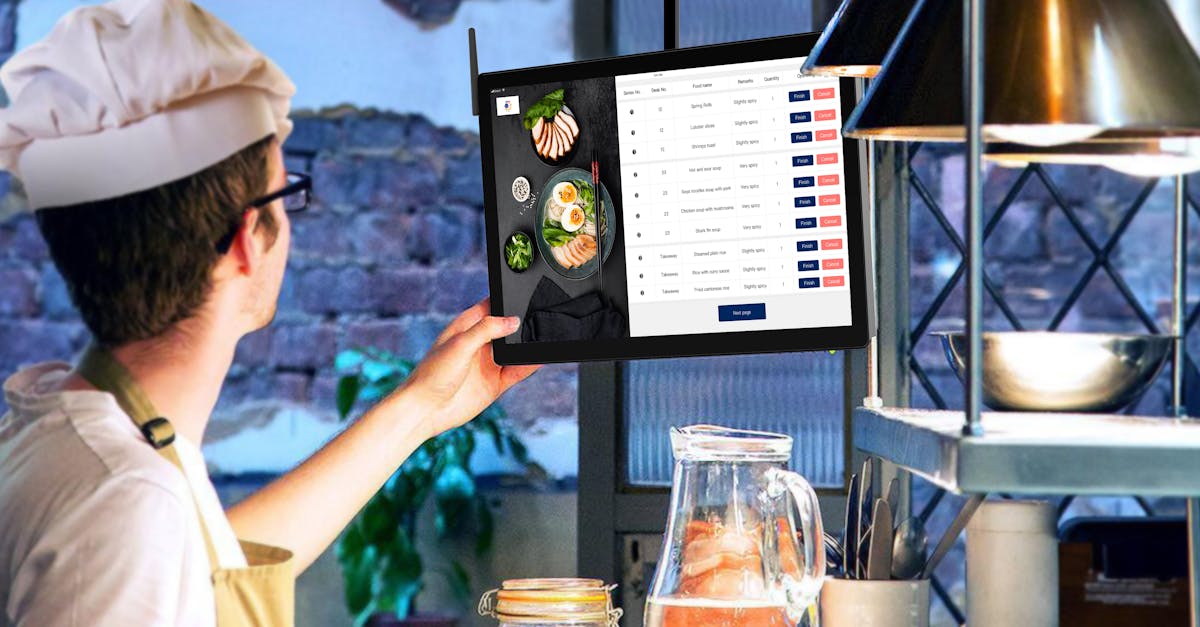
Introduction
The world of gastronomy is on the brink of a revolution, ushering in changes that promise to redefine the way we eat. As global populations rise and environmental concerns mount, the need for sustainable and innovative food solutions becomes ever more critical. Technological advancements in fields like biotechnology, artificial intelligence, and robotics present new opportunities to rethink food production and consumption. Meanwhile, shifts in consumer preferences are driving demand for healthier, more transparent food choices. This confluence of factors is spurring a gastronomic future that is dynamic, diverse, and deeply transformative. Join us as we explore what lies ahead in the culinary world, examining both opportunities and challenges.
The Dawn of Technology in Gastronomy
In recent years, technology has begun to play a pivotal role in transforming the food industry. Artificial intelligence is being used to analyze consumer trends and optimize supply chains, while drone technology aids in precision agriculture, improving crop yields with minimal environmental impact. Robotics is revolutionizing the kitchen, with intelligent machines assisting chefs in preparing dishes more efficiently. Furthermore, 3D printing technology is making its mark, by enabling the creation of intricate food structures previously deemed impossible. These technological strides promise to enhance food safety, reduce waste, and improve nutritional quality, setting the stage for a food revolution that blends creativity with tech innovation.
Biotechnology and the Rise of Lab-Grown Delicacies
Biotechnology is taking center stage in the quest for sustainable culinary solutions. Lab-grown meats, cultivated from animal cells, offer a promising alternative to traditional livestock farming, which is often resource-intensive and environmentally taxing. These cultured meats aim to reduce greenhouse gas emissions, water use, and land requirements drastically. Meanwhile, genetically modified organisms (GMOs) are being harnessed to create crops that are more resilient to pests and adverse weather conditions, potentially securing food supply in a changing climate. As this field progresses, it presents both exciting opportunities for innovation and ethical questions that society must address.
Embracing Sustainability in Food Production
Sustainability has become a driving force in shaping the future of food, prompting both producers and consumers to reconsider their practices and choices. Innovations like vertical farming, aquaponics, and agroforestry promise to optimize space and resources while minimizing ecological footprints. Meanwhile, the zero-waste movement is gaining momentum in kitchens worldwide, encouraging chefs and eaters alike to embrace creative strategies for reducing food waste. As we navigate the gastronomic future, sustainable practices will likely take center stage, aligning culinary creativity with environmental responsibility for lasting impact.
Globally Inspired Culinary Creativity
Culinary boundaries are collapsing in today's globalized world, making it easier than ever for flavors to transcend borders. Chefs are drawing inspiration from diverse cultures and cuisines, resulting in innovative fusion dishes that reflect a blend of traditions. Advances in transportation and preservation have streamlined the availability of exotic ingredients, enabling gastronomic exploration no matter the location. Food festivals, cooking shows, and social media platforms are also playing a crucial role in this phenomenon, encouraging the exchange and celebration of gastronomic experiences worldwide. This exciting era of global collaboration offers endless possibilities for culinary creativity.
The Impact of New Consumer Demands
As consumer preferences continue to evolve, the food industry must adapt to meet new demands. With growing awareness of health and wellness, there is an increasing focus on clean eating, emphasizing natural and minimally processed ingredients. Plant-based and vegan diets are rising in popularity, spurring the creation of innovative meat and dairy substitutes that offer similar flavors and textures. Additionally, increased interest in food transparency means manufacturers are expected to disclose sourcing processes, ingredient origins, and sustainability efforts. These changing tastes are shaping product offerings and driving the industry's commitment to ethics and quality.
Challenges in the Path Towards Innovation
Despite the exciting prospects ahead, the journey toward a reimagined culinary landscape is not without hurdles. High costs associated with adopting new technologies and innovations can be prohibitive for smaller businesses, potentially leading to disparities within the industry. Additionally, regulatory changes in relation to novel food products demand adaptability and compliance, which can be a daunting task. Furthermore, societal resistance to concepts like lab-grown foods, GMOs, or radical sustainability measures requires effective engagement and education to bridge understanding and acceptance. Balancing innovation with economic feasibility and consumer perceptions remains an ongoing challenge.
The Role of Education and Culinary Careers
As the gastronomy landscape evolves, so too do the careers and education surrounding it. Future chefs and food technologists are increasingly required to possess skills that bridge traditional culinary techniques with scientific knowledge and technological adeptness. Educational institutions are adapting curricula to prepare students for emerging roles in food science, technology, and sustainability. Moreover, the rise of culinary incubators and innovation hubs is playing a transformative role in fostering entrepreneurship and collaboration. These developments emphasize the importance of continuous learning and adaptability within the food industry.
Social Media and the Influence of Food Culture
Social media is a powerful force shaping modern food culture, influencing trends, preferences, and perceptions. Platforms like Instagram and TikTok have revolutionized the way food is presented and consumed, highlighting visually appealing dishes that capture the attention of global audiences. Influencers and food bloggers are becoming key players in popularizing cuisines, new products, and gastronomic experiences. However, this phenomenon also presents challenges, requiring careful navigation to ensure authenticity, accuracy, and respect for cultural origins. As social media continues to evolve, its impact on the gastronomy world will remain significant.
Conclusion
The gastronomic world stands at the threshold of a new era, brimming with technological innovation, sustainability consciousness, and unparalleled creativity. Despite the challenges, the future of food promises a more connected, inclusive, and dynamic culinary experience. Engaging with evolving consumer preferences and embracing technological advancements will be crucial in steering this revolution forward. As we embrace new possibilities, our collective role in fostering an informed and ethical approach to food production and consumption will help shape a gastronomic landscape that is vibrant and resilient. The culinary world of tomorrow promises to be exciting, offering endless opportunities to explore, experience, and savor.